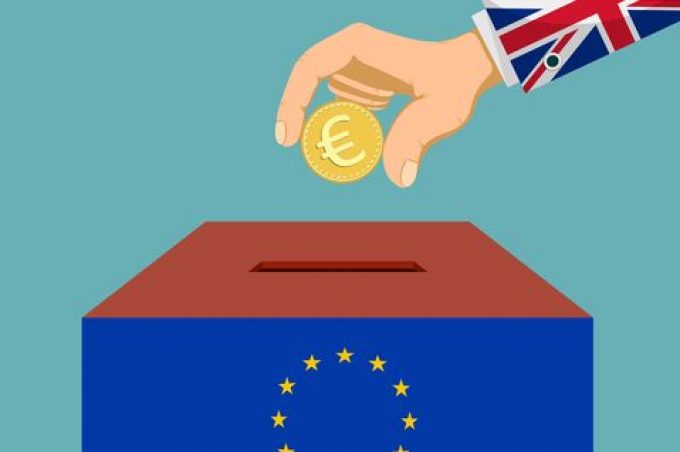GXO cleared to complete £960m Wincanton purchase
Pure-play contract logistics operator GXO has finally won clearance from UK competition regulators for its ...

UK Customs is facing losses of hundreds of millions of pounds, following allegations of “widespread abuse” of a delayed declaration scheme set up to soften the impact of Brexit.
HMRC announced it would provide a six-month (175-day) delay on declarations for goods imported between 1 January ...

Comment on this article
Deborah Newton-Cook
September 16, 2021 at 7:31 pmWell, what a surprise.
Not.